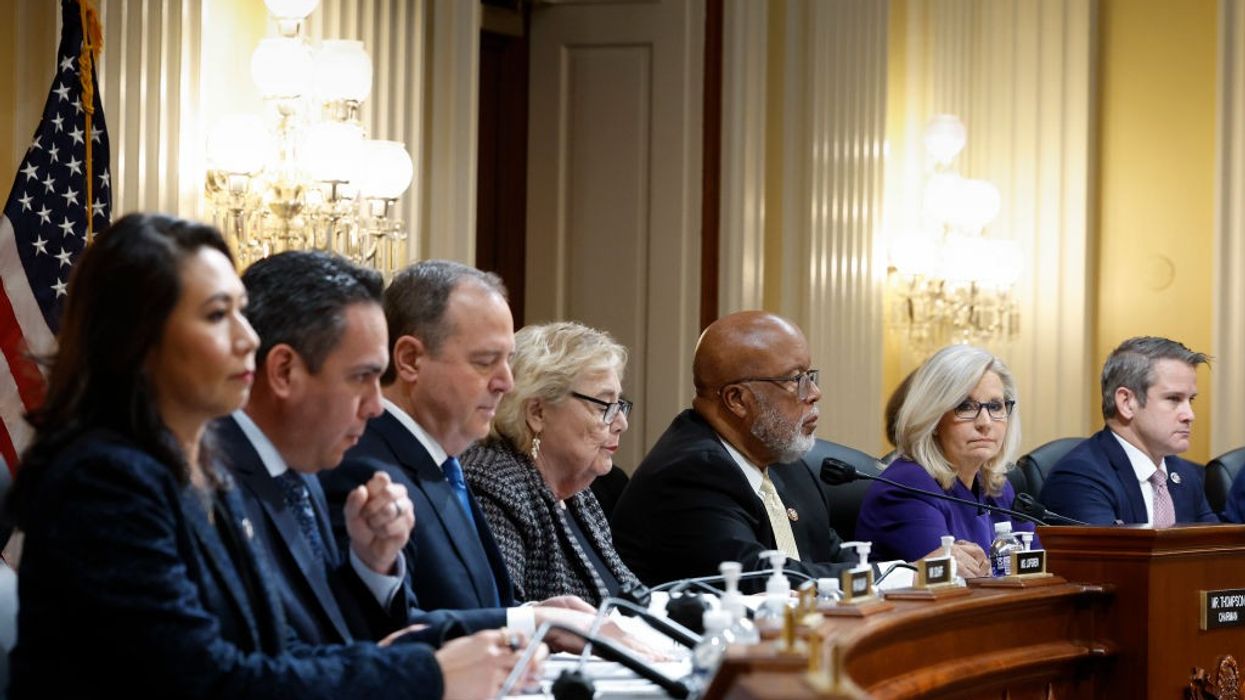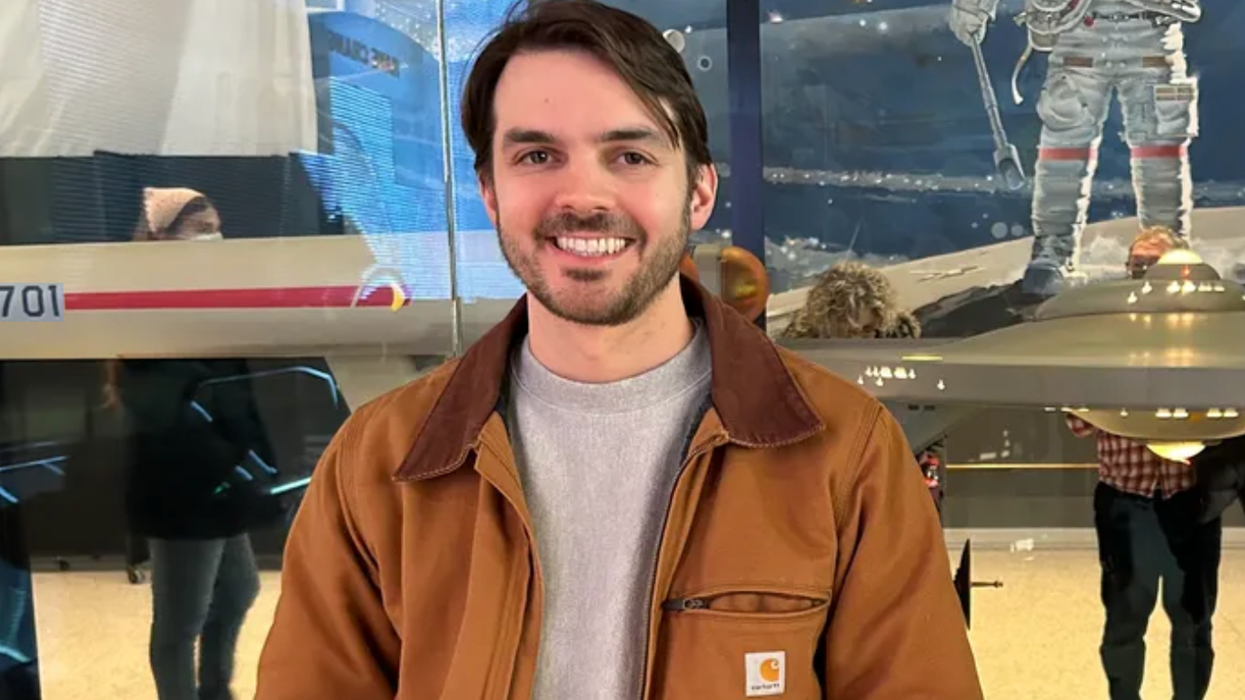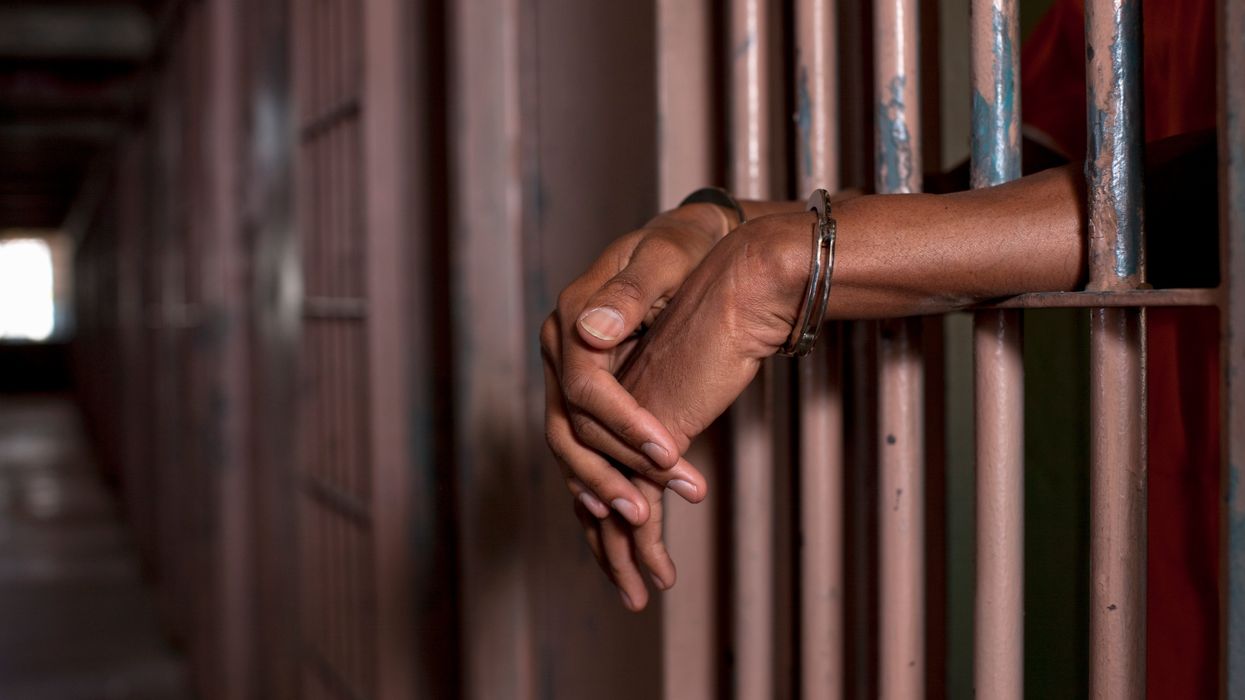Biden Preemptively Pardons Members of January 6 Panel, Other Trump Targets
"Even when individuals have done nothing wrong—and in fact have done the right thing—and will ultimately be exonerated, the mere fact of being investigated or prosecuted can irreparably damage reputations and finances," said the outgoing president.
This is a developing news story... Please check back for possible updates...
In the final hours of his presidency, Joe Biden on Monday issued preemptive pardons to a number of current and former lawmakers and public officials whom President-elect Donald Trump has attacked.
Those pardoned include Anthony Fauci, the former director of the National Institute of Allergy and Infectious Diseases; Mark Milley, former chairman of the Joint Chiefs of Staff; and members of the House select committee that investigated the January 6, 2021 insurrection incited by Trump, who has pledged to pursue retribution against his political opponents.
"The issuance of these pardons should not be mistaken as an acknowledgment that any individual engaged in any wrongdoing, nor should acceptance be misconstrued as an admission of guilt for any offense," Biden said in a statement. "Our nation owes these public servants a debt of gratitude for their tireless commitment to our country."
"These are exceptional circumstances, and I cannot in good conscience do nothing," the outgoing president continued. "Even when individuals have done nothing wrong—and in fact have done the right thing—and will ultimately be exonerated, the mere fact of being investigated or prosecuted can irreparably damage reputations and finances."
Biden has made sweeping use of his clemency powers in the final days of his White House term, commuting the sentences of thousands of people convicted for nonviolent drug offenses and almost completely emptying federal death row.
But Biden has not granted clemency to several high-profile individuals whose causes progressive lawmakers and human rights organizations have championed, including Charles Littlejohn—a former IRS contractor serving a five-year prison sentence for leaking the income tax records of thousands of rich Americans, Trump among them—and Steven Donziger, who faced an unprecedented legal assault led by Chevron after he helped secure a historic settlement against the company over oil dumped in the Amazon rainforest.


